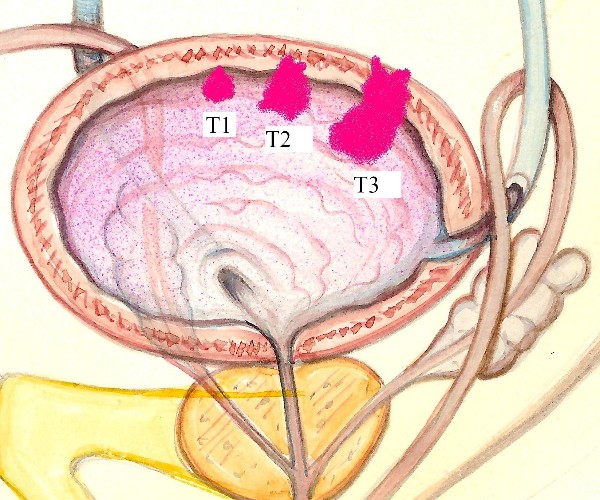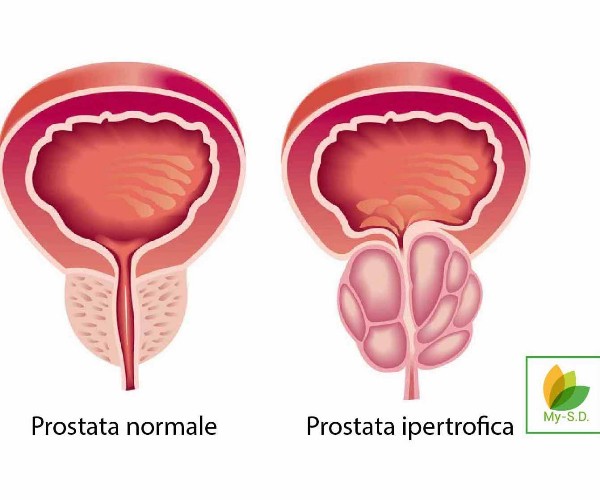The pill is considered the most effectivecontraceptive. It can happen, however, to get pregnant despite taking the drug. If malabsorption is ruled out, for example by vomiting or diarrhea, the simplest explanation is that the woman forgot an intake, or did something wrong. A new study, however, opens up new scenarios.
The study
Research from the University of Colorado School of Medicine suggests that some women carry a genetic variant that interferes with contraceptive hormones, putting them at risk of unwanted pregnancies. Conducting the study was Aaron Lazorwitz’s group, which suspected that there might be more behind the failure of hormonal contraceptive systems than human error. As reported in Inverse, the research team argues that each woman might respond differently to the drug.
Genetic variants
The scientists initiated a study of pharmacogenomics, a branch of research that investigates the relationship between genetic variants and the variability in drug response that exists among individuals. They recruited 350 fertile women (average age 22.5 years) who had been using a hormone implant for contraceptive purposes for 12-36 months, and analyzed their genomes, looking for variants in genes involved in hormone metabolism.
The results
What has emerged of interest concerns a genetic variant. About 5 percent of the sample, in fact, were found to carry a variant of the Cyp3a7*1c gene, which appears to be responsible for lowering the levels of hormones released by the contraceptive in the blood. Women with this genetic variant had a significantly lower proportion of contraceptive hormones in their bloodstream than non-carriers, despite the fact that the implantation method releases a fixed amount for all. Even for contraceptives toward personalized medicine.It is well known that the pill is the safest means of contraception unless….. one forgets to take it or, due to vomiting or diarrhea, there is a problem with absorption.But are we really sure that this is the case?Prof. Aaron Lazorwitz’s group at the University of Colorado conducted a study of Pharmacogenomics (a branch of research that relates genetic variants in individuals to the incidence of drug response) on 350 women of childbearing age who had been taking the contraceptive pill for 12-36 months, analyzing their genomes for individual variations in genes involved in hormone metabolism.The research, published in Inverse, showed that 5 percent of the women examined carried a variant of the gene Cyp3a7*1c ( a gene that contributes to hormone level lowering), so significantly less contraceptive hormones circulated in their bloodstream than in other women.This supports the hypothesis that each woman, might respond differently to the administration of the same amount of hormones.



































































































